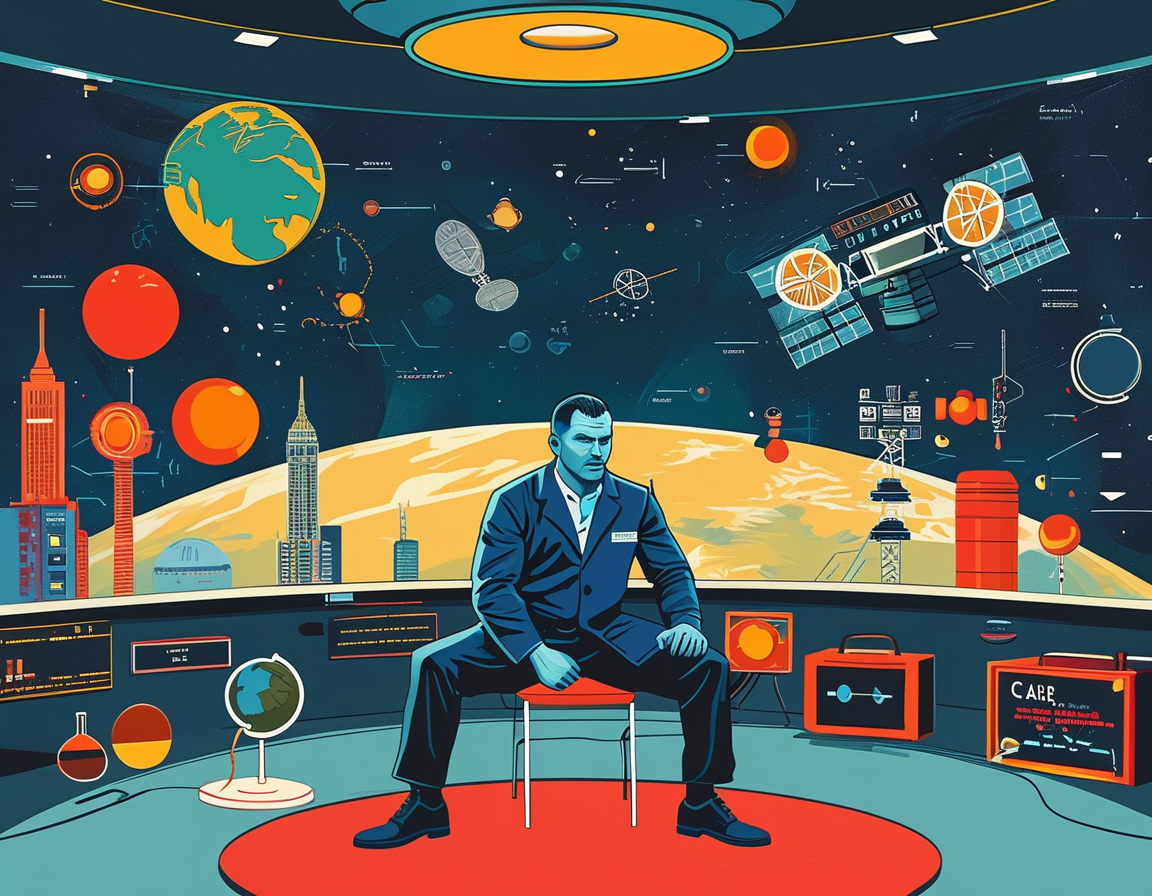
**The Controversial Claims of Carl Froch**
Former British boxer Carl Froch has stirred the pot. He says there’s “no proof” that the Earth is round. This assertion aligns him with flat Earth conspiracy theories. Such bold claims grab attention. But why does he think this way? Froch made these assertions during podcasts like Macklin’s Take and Pound for Pound. He challenged his audience, urging them to prove the Earth’s curvature. In his mind, that proof is lacking. Skepticism is not new for Froch. He questions NASA too. He claims the agency uses computer graphics to create images of a spherical Earth. This type of thinking demands scrutiny. Is it reality or just a personal viewpoint?
**Doubts About Flight Paths and Physics**
Froch doesn’t stop there. He proposes a different model. In his view, the North Pole sits at the center of a flat Earth. He argues that this model can explain international flight paths. Do we really need science to validate every aspect of our daily lives? His rejection of established guidelines leads us to question. Are we overlooking alternative possibilities? This is a tempting notion when discussing individual perception.
**The Scientific Community Responds**
Naturally, Froch’s comments drew fire. The scientific community is on alert. They uphold strong evidence proving the Earth’s spherical shape. Satellite imagery, global circumnavigation, and other observations don’t lie. The criticism reveals a bigger issue: the role of public figures in spreading misinformation. How do we balance personal opinions with established facts? This dynamic creates a ripple effect on scientific literacy, which is vital for progress.
**Why Misinformation Matters**
When someone like Froch speaks out, it matters. People often listen to public figures without question. It raises alarm bells about what we believe. Misinformation can spread like wildfire, especially in today’s media landscape. That leads us to reflect on scientific literacy. In this era of information overload, how can we separate fact from fiction?
**The Bigger Picture**
Let’s wrap this up. Carl Froch’s views spark meaningful discussions, no doubt. Whether or not you agree, they raise important questions. What do we accept as truth? Are we skeptical of authority? As we dive into the debate, understanding the nature of science and belief becomes crucial. The broader implications of these conversations affect us all, don’t they? Ultimately, it’s about navigating our understanding of the world we’re part of.
Leave a Comment